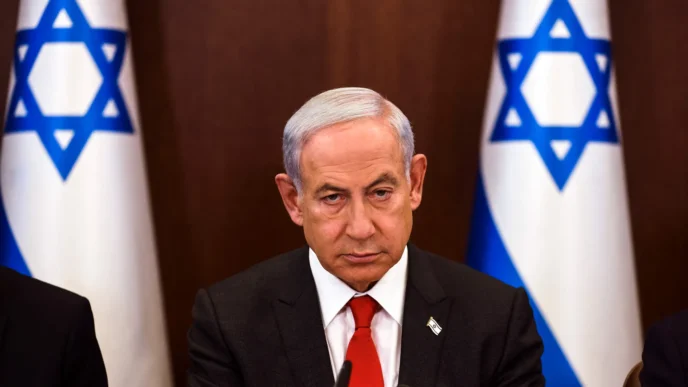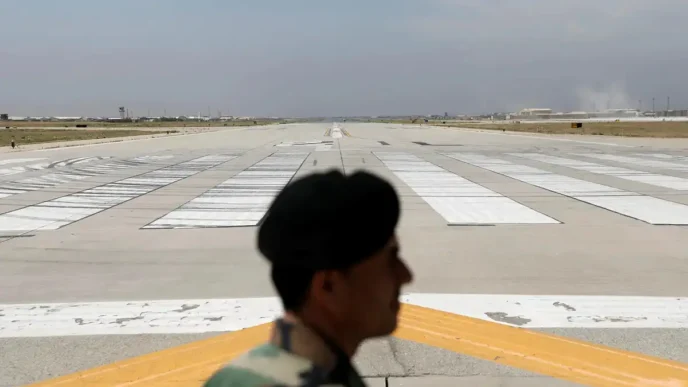Israel has sharply criticized the European Union’s recent decision to suspend bilateral financial support, branding the move as “not acceptable” and warning it could further strain relations between Jerusalem and Brussels at a sensitive moment in the Middle East conflict.
🇪🇺 The EU’s Decision
The European Union announced that it would halt certain streams of bilateral support to Israel, citing humanitarian concerns tied to the ongoing Gaza war. Officials stressed that the move was designed to pressure Israel over what they described as disproportionate military actions and their impact on civilians.
The suspension is focused on direct financial cooperation and joint projects but does not include trade agreements or security coordination. Brussels emphasized that humanitarian aid to Palestinians would remain unaffected and, in some cases, expanded.
🇮🇱 Israel’s Response: “Not Acceptable”
Israel’s government reacted swiftly, accusing the EU of applying a double standard and undermining its right to defend itself against Hamas.
In a strongly worded statement, Israeli officials argued:
- The EU’s move undermines Israel’s security interests.
- Bilateral ties should not be used as a political weapon.
- The decision could embolden hostile actors in the region.
Foreign Minister Israel Katz said the suspension represented a “one-sided and unjustified measure” and warned that Israel would reconsider aspects of its cooperation with European institutions.
⚖️ A Pattern of Tension
This is not the first time EU–Israel relations have been strained:
- Settlement Policies: The EU has repeatedly criticized Israeli settlement expansion in the West Bank, labeling them illegal under international law.
- Trade and Labeling Disputes: Brussels has required goods produced in Israeli settlements to be labeled separately, a move Israel has long contested.
- Diplomatic Friction: While many EU states back Israel’s right to security, they are divided over how far to support military action in Gaza.
🌍 Wider Geopolitical Context
The suspension comes at a time when Israel is facing mounting international pressure over its military campaign in Gaza, which has drawn widespread condemnation from humanitarian organizations.
- United States: While Washington remains Israel’s closest ally, it too has expressed growing concern over civilian casualties.
- Arab States: Regional governments have condemned the campaign, while some Gulf states have slowed normalization efforts with Israel.
- Global Perception: The EU’s decision adds to Israel’s diplomatic challenges, suggesting its room for maneuver on the world stage is narrowing.
🔎 Implications for the Future
The EU’s suspension of bilateral support may not carry significant economic weight compared to Israel’s broader global trade relations, but the symbolism is powerful.
- For the EU, the move signals a willingness to leverage financial ties to influence Israeli policy.
- For Israel, it raises fears that further isolation could follow if the Gaza conflict escalates.
- For global diplomacy, it illustrates the widening gap between Israel and Europe at a time when coordinated Western unity is increasingly fragile.
🌟 Conclusion
By halting bilateral financial support, the European Union has taken one of its strongest steps yet in response to Israel’s actions in Gaza. Israel’s rejection of the measure as “not acceptable” highlights the deep mistrust now shaping the relationship.
As the war drags on, the EU–Israel rift could deepen, with long-term consequences for diplomacy, trade, and the broader balance of alliances in the Middle East.
















